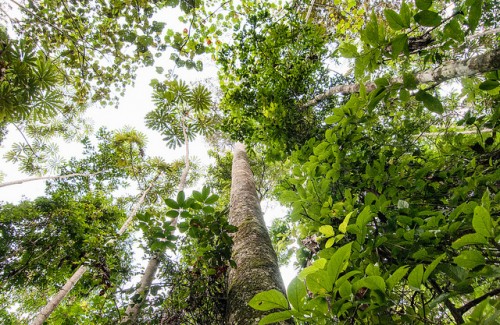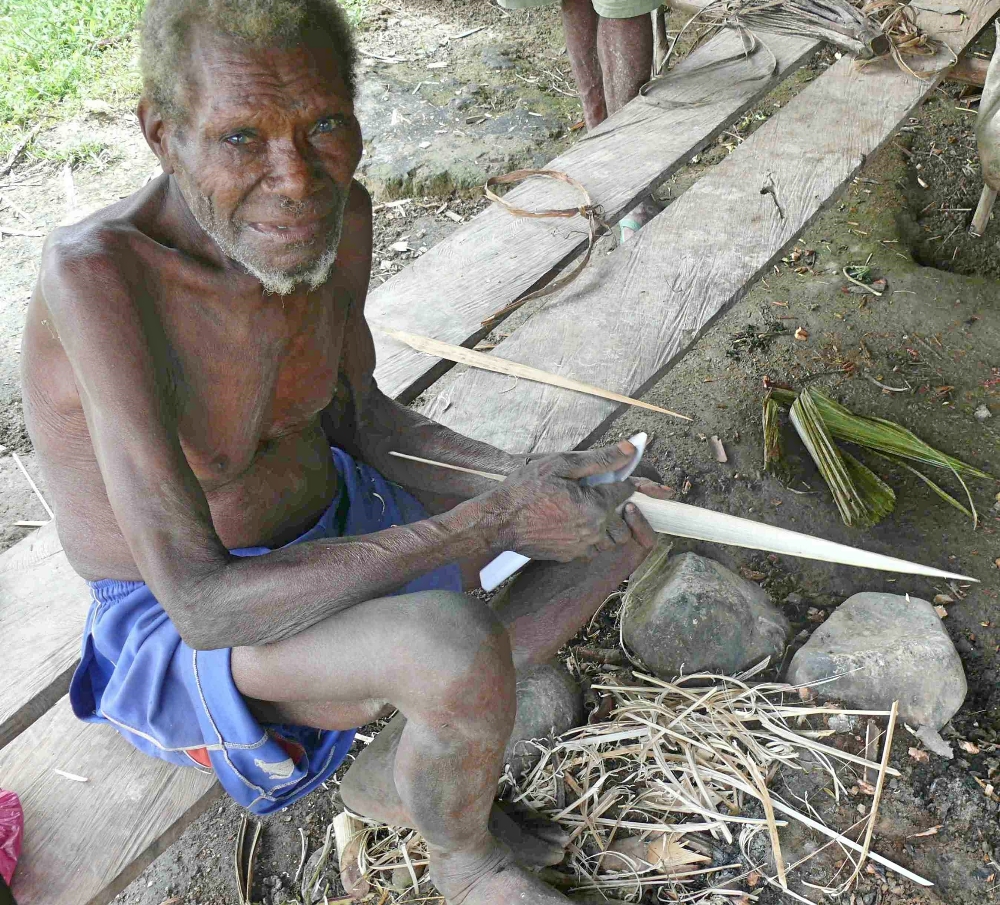
REDD+ is the largest coordinated international attempt to reverse the trend of deforestation and forest degradation globally. It remains one of the most dominant items on the agenda of the United Nations Framework Convention on Climate Change (UNFCCC).
Since the Kyoto Protocol in 1997, countries have had legally binding obligations to reduce their greenhouse gas emissions; as the IPCC notes, reduction and prevention of deforestation is the most immediate solution to securing the world’s carbon stock and reducing global emissions.
REDD+ has its roots in the Kyoto Protocol, and has undergone many revisions in the annual UNFCCC Conference of the Parties (COP).
With COP21 set to take place in Paris in December, and the expiration of the Kyoto Protocol, it is time to take stock of what has been learned from REDD+ so far.
Benefit sharing is one aspect of REDD+ that receives a lot of attention. It’s increasingly recognized that equitable distribution of benefits from projects is vital for REDD+ success. However, REDD+ still faces considerable risks in terms of unintentionally worsening current inequality.
In preparation for COP21, it is necessary to review the success of REDD+ benefit sharing and see what areas need increased attention in future project design.
The lack of evidence from projects where participants are rewarded for performance means that there are few empirical lessons to draw from at this stage in REDD+ development.
Criticism has been levied at REDD for unintentionally exacerbating existent inequalities; findings show that when tenure rights (de jure and de facto) are legally defined and secure in practice, this will allow for a more equitable benefit sharing.
A recent study using two large datasets explored how tenure rights affect benefit sharing. The first dataset was drawn from International Forestry Research and Institutions and comprises 582 forest product records across 350 user groups in 14 developing countries in Africa, Asia and Latin America.
This work shows that where collective rights for harvesting forest products are secure, the benefits of these products are more equally distributed among participating individuals.
However, this finding is dependent upon the level of ethnic diversity within the harvesting group. Where there are higher levels of ethnic diversity, lower equity is found in benefit distribution and vice versa.
This implies that REDD+ projects in areas with high ethnic diversity need to enforce additional measures to prevent elite capture by privileged ethnic groups.
WHY DO THESE RESULTS MATTER FOR REDD+?
Even in contexts where land ownership is clear, the distribution of rights to harvest forest products, such as timber and charcoal, may remain unclear.
This is important for the effective design of benefit-sharing mechanisms, because with secure tenure but without clearly defined harvesting rights, people may be left without a decent slice of the forest-derived livelihood pie.
Undefined harvesting rights within REDD+ gives scope for elite capture and ongoing economic inequalities in forest-dependent communities. So while secure harvesting rights are desirable, the success of these rights is conditional upon local ethnic diversity.
While strengthening of property and harvesting rights is important, alone they won’t solve ethnic inequalities. The imbalances need to be recognized and factored in during the design of benefit-sharing mechanisms.
Otherwise, efforts to secure rights will have only a limited impact on improving benefit-sharing mechanisms.
Clearly defined rights to forest products, such as fruits, nuts, medicinal plants, charcoal or timber, could come in the form of government permits, de facto rights to harvest or legal recognition of user groups.
WILL REDD+ DEEPEN THE INEQUALITY GAP?
Another related but yet to be published study (with the above title) assesses whether benefits from REDD+ projects are likely to be distributed equally among forest-dependent communities.
This study analyzes forest income distribution in relation to non-land assets (such as livestock and farming equipment) and compares it with levels of perceived tenure security. The distribution of forest income is regarded as indicative of the likely distribution of benefits from REDD+ projects once they materialize.
From an analysis of 17 subnational sites in 130 villages across six countries in Africa, Asia and Latin America, it was found that higher levels of perceived tenure insecurity and income inequality correlate with villages that possess larger areas of land and a higher number of non-land assets.
It was also found that those with a higher proportion of forested land rather than non-forested land experience lower tenure security.
A noticeable relationship between existing wealth inequalities and benefit sharing from forest incomes was also found. High inequality in terms of non-land assets was found to correlate with high inequality in the distribution of forest incomes.
Consequently, the introduction of REDD+ payments in areas of disparity will likely widen these gaps unless project designs are adapted accordingly.
So can REDD-plus shift the tide against elite capture/unequal benefit distribution? Probably not.
Findings from these studies, which gathered data from different countries, add weight to the call for existing wealth inequalities to be addressed prior to the introduction of REDD+.
While it is outside the scope of REDD+ to remedy all inequalities within a society, it is important that existing disparities are addressed so as to avoid a situation in which active social, ethnic and economic imbalances are reinforced.
Esther Mwangi is a Nairobi-based principal scientist for CIFOR, specializing in property rights and tenure. To discuss any aspect of the above article, please contact Esther at e.mwangi@cgiar.org
Isla Duporge is currently on attachment at CIFOR, Nairobi. She is currently studying for her MSc in Sustainable Development and Environmental Science. Please contact Isla at islacduporge@googlemail.com
Krister Andersson is a professor of Political Science at the University of Colorado, Boulder, specializing in the politics of environmental governance. Please contact Krister at Krister.Andersson@Colorado.edu
We want you to share Forests News content, which is licensed under Creative Commons Attribution-NonCommercial-ShareAlike 4.0 International (CC BY-NC-SA 4.0). This means you are free to redistribute our material for non-commercial purposes. All we ask is that you give Forests News appropriate credit and link to the original Forests News content, indicate if changes were made, and distribute your contributions under the same Creative Commons license. You must notify Forests News if you repost, reprint or reuse our materials by contacting forestsnews@cifor-icraf.org.
